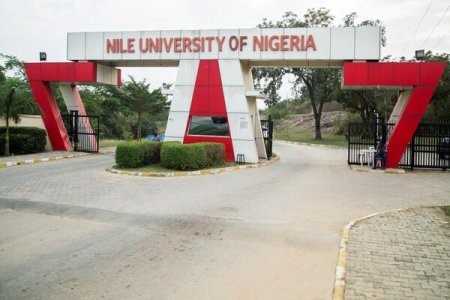
Vietnamese property developer Truong My Lan, 67, received a rare sentence of death for embezzling billions over 11 years from Saigon Commercial Bank. This marks a severe verdict in Vietnam, where very few women face capital punishment for white-collar crimes. The case revealed Truong's involvement in borrowing $44 billion, with prosecutors urging the return of $27 billion, though recovery seems unlikely.
The trial involved a notable level of transparency by communist authorities, with extensive media coverage and involvement of 10 state prosecutors and approximately 200 lawyers. Evidence was presented in 104 boxes, weighing a total of six tonnes. Truong, who denied the charges, was among 85 defendants.
The trial unfolded amidst Vietnam's anti-corruption campaign, led by Communist Party Secretary-General Nguyen Phu Trong. Truong's case highlights the campaign's reach, which has seen the resignation of officials and prosecution of hundreds.
Truong, hailing from a Sino-Vietnamese family, rose to prominence in Ho Chi Minh City's business scene. Despite legal restrictions on bank ownership, she allegedly controlled over 90% of Saigon Commercial Bank through shell companies and proxies, directing loans to her enterprises. Prosecutors accused her of withdrawing over $4 billion in cash from the bank.
Her trial underscores questions about governance and complicity in Vietnam's business and political spheres. Analysts argue that Truong may have been shielded by entrenched elites, with the trial symbolizing a broader effort to reassert central control over regional power centers. This underscores tensions between anti-corruption efforts and sustaining economic growth, with corruption historically lubricating bureaucratic processes.




